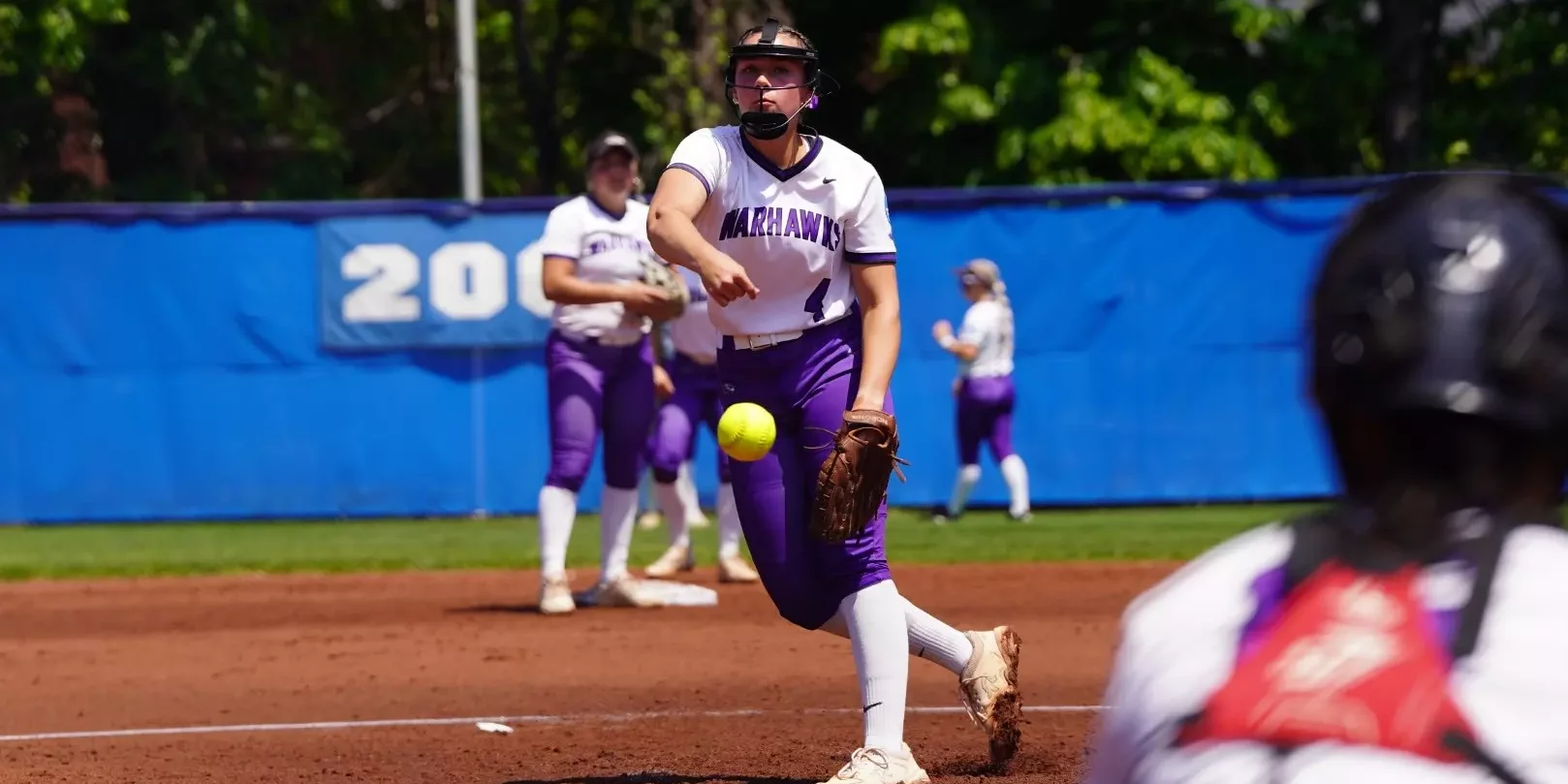
Forty-two people in Wisconsin have become sick, product now recalled, and consumers advised to check for products in their homes
The Wisconsin Department of Health Services (DHS), along with the Wisconsin Department of Agriculture, Trade, and Consumer Protection (DATCP), local health departments, and federal partners, are working to investigate a multistate outbreak of Salmonella infections linked to eggs from a Wisconsin farm. According to the Centers for Disease Control and Prevention (CDC), 65 people in nine states have become infected with the outbreak strain of Salmonella. This includes 42 people who live in Wisconsin.
The eggs were distributed in Wisconsin, Illinois, and Michigan through retail stores and food service distributors, and have now been recalled. The recall includes all egg types such as conventional cage-free, organic, and non-GMO, carton sizes, and expiration dates in containers labeled with “Milo’s Poultry Farms” or “Tony’s Fresh Market.” [Woodman’s and Hy-Vee sell Milo’s eggs. There may be other stores carrying them in the area.]
Anyone who purchased the recalled eggs is advised to not eat them or cook with them and to throw them away or return them to the store. Restaurants should not sell or serve recalled eggs. Check your home for this product. If you ate any of the recalled eggs and are experiencing symptoms of Salmonella infection, contact a health care provider right away. Let them know you may have been in contact with Salmonella. Signs and symptoms of Salmonella infection include diarrhea, abdominal pain, fever, and vomiting that lasts for several days.
Salmonella infection, or salmonellosis, is caused by Salmonella bacteria that are spread by eating or drinking contaminated food or water, or by direct or indirect contact with poop from infected people or animals. Salmonella is a common cause of diarrheal illness, though in rare cases it can cause bloodstream infections which can lead to death. Children, older adults, and people with weakened immune systems may have more serious symptoms. Though most people will recover from salmonellosis on their own, some people may require extra fluids to prevent dehydration.
This investigation is ongoing. You can find updates and additional information on this investigation by visiting the DHS outbreaks webpage. For free, confidential support finding a doctor or other health care provider near you, dial 211 or 877-947-2211, or text your ZIP code to 898-211. Find resources online at
Editor’s note: This press release was received from the Wisconsin Dept. of Health Services.





















